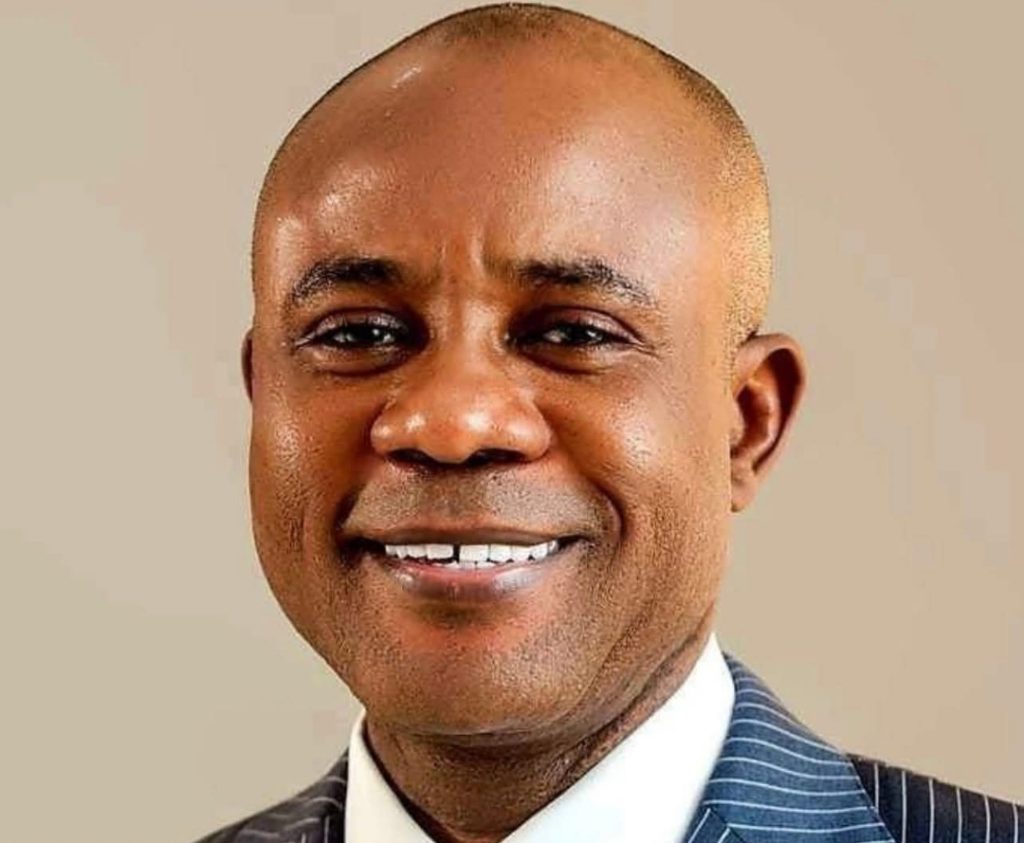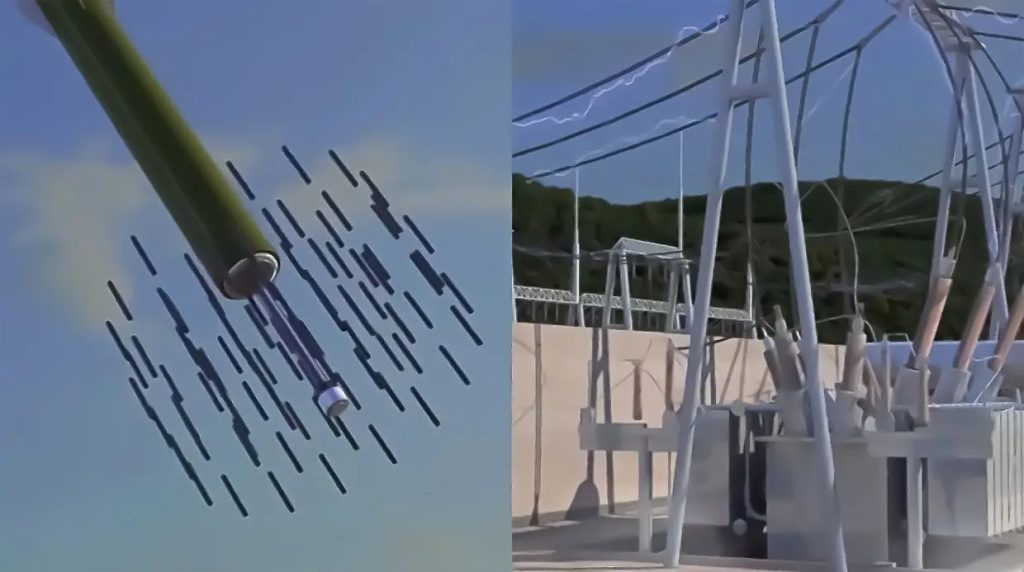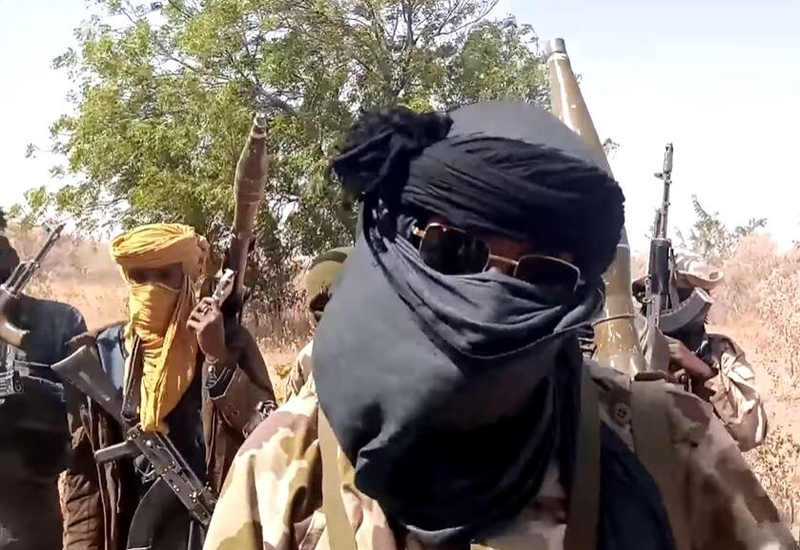News
Papua New Guinea: 2,000 feared buried alive in landslide

More than 2,000 people are feared buried alive by a massive landslide that happened last week in Papua New Guinea (PNG).
Papua New Guinea’s disaster centre disclosed this on Monday, May 27, 2024, in a statement obtained by Reuters.
The landslide hit a highway near Porgera gold mine, operated by Barrick Gold through Barrick Niugini Ltd.
The devastating landslide took place in a remote village in the Highlands of Papua New Guinea.
The International Organization for Migration initially estimated a death toll of 670.
The government, however, shows that the figure is significantly higher.
The Papua New Guinea government has formally asked for international help in response to this tragedy.
Watch a video by France24 of the incidence here.
Massive devastation
The landslide struck Enga province, which is approximately 600 kilometers northwest of the capital, Port Moresby.
It caused major destruction, burying about 150 homes and leading to a humanitarian crisis.
Rescue efforts are underway, but the situation remains critical.
Local authorities blamed the difficult terrain and inability to get aid to the area quickly as reasons for the high loss.
According to a Reuters report, those buried around Yambali village in Enga province have been rising since Friday.
United Nations (UN) had placed the estimated death toll at more than 670 people on Sunday.
However, in a letter to the U.N. dated May 26 but released to newsmen on Monday, the National Disaster Centre raised the toll to 2,000.
According to CARE International PNG country director Justine McMahon, about 4,000 people live near the affected area.
Presently, it is difficult to place an accurate estimate of the local population as the last credible census was in 2000.
Moreover, many people live in remote mountainous villages and unstable terrain.
Extenuating circumstances
Another negative factor is a tribal warfare in that part of Papua New Guinea, making it difficult for emergency crew.
It was gathered that the first excavator reached the site late Sunday, and only 6 bodies have been retrieved so far.
Villagers and local emergency teams were seen scaling rocks, digging with shovels, sticks and their bare hands to find survivors.
The U.N. said the number of possible deaths could change as rescue efforts were expected to continue for days.
Media reports said that residents rescued a couple, Johnson and Jacklyn Yandam.
The couple were trapped under rubble and cried for help when locals heard their cries and started digging.
They hailed local NBC News their rescue was a miracle, saying: “We thank God for saving our lives at that moment.
“We were certain that we were going to die but the big rocks didn’t crush us. It’s really hard to explain.
“We got trapped for nearly eight hours, then got rescued. We believe we were saved for a purpose.”
Estimates shows that about 1,250 people were displaced by the landslide with about 250 houses abandoned.
Reuters quoted U.N. migration agency as saying that water is still flowing under the debris.
This, they said, makes it extremely dangerous for residents and the rescue team to clear the debris.
The chief of U.N. migration agency in PNG, Serhan Aktoprak, was quoted as saying that search and rescue continue.
He said they will sustain the job until the Papua New Guinea residents tells them to stop.
Aktoprak said that the rescue team had eight vehicles but that he hoped to receive additional resources soon.
About Papua New Guinea
Papua New Guinea, officially known as Independent State of Papua New Guinea, is a country located in Oceania.
It comprises the eastern half of the island of New Guinea and its offshore islands in Melanesia (a region of the southwestern Pacific Ocean north of Australia).
Geography
Papua New Guinea is the world’s third-largest island country, covering an area of 462,840 square kilometers (178,700 square miles).
Its capital city is Port Moresby.
It shares its only land border with Indonesia to the west and is directly adjacent to Australia to the south and the Solomon Islands to the east.
Languages
Papua New Guinea is the most linguistically diverse country in the world, with 839 known languages spoken.
It is also one of the most rural countries, with only 13.25% of its population living in urban centers.
History
Papua New Guinea was ruled by 3 external powers since 1883, including nearly 60 years of Australian dominion.
Australian administration started during World War I until Papua New Guinea established its sovereignty in 1975.
It became an independent Commonwealth realm with Elizabeth II as its queen.
Since Elizabeth II’s death in 2022, Charles III has been the country’s king.
Culture
Papua New Guinea has a rich cultural heritage, with diverse traditions, art forms, and customs.
Its people live in customary communities, and cultural practices vary across different regions.
For Diaspora Digital Media Updates click on Whatsapp, or Telegram. For eyewitness accounts/ reports/ articles, write to: citizenreports@diasporadigitalmedia.com. Follow us on X (Fomerly Twitter) or Facebook











